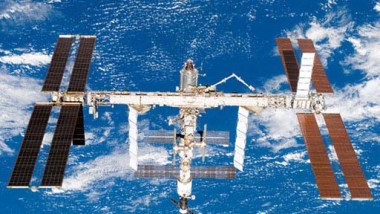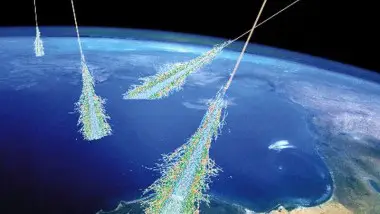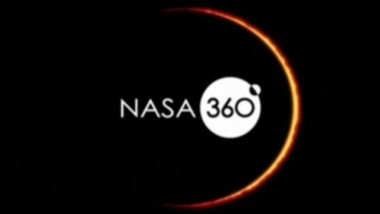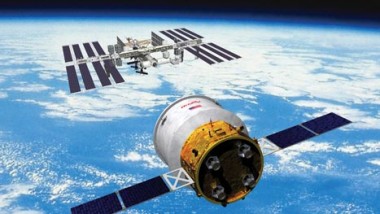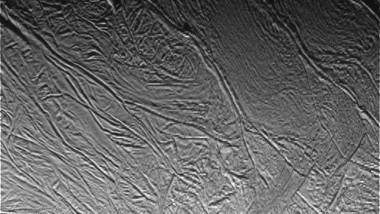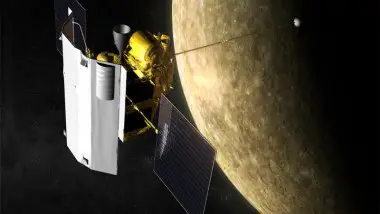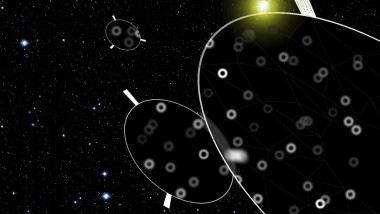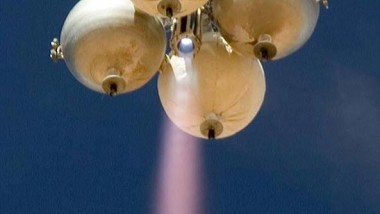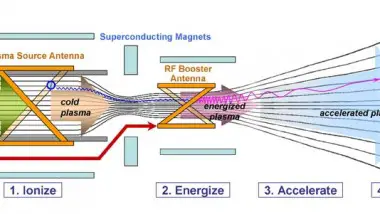Russia’s Federal Space Agency (Roscosmos) has announced its intentions to build a low-orbit space station, which, according to the agency, will support future exploration of the moon and Mars. The project proposal is already on its way to be reviewed ...
Cosmic Rays from Nowhere
A mysterious object close to our solar system was detected by an international team of researchers who made the discovery after exploring an unusual surplus of high-energy electrons bombarding the Earth from outer space. While there is nothing unusual in ...
NASA eClips
The National Aeronautics and Space Agency is posting a variety of science, technology, engineering, and mathematics (STEM) educational videos freely available for use in the classroom or home environment. Called “NASA eClips,” the program provides short videos for different age ...
2008 in Science, Medicine and Space
From a possible cure for Aids to a new discovery of quasiparticles, 2008 brought with it important scientific and medical advances as well as great disappointments such as the unexpected malfunction of the Large Hadron Collider, which postponed the multi ...
NASA Outsources ISS Resupply
The National Aeronautics and Space Agency (NASA) announced plans to outsource upcoming resupply missions to the International Space Station (ISS). SpaceX vehicles will make twelve trips to the space station and Orbital Sciences Corporation vehicles will make eight between 2010 ...
Underground Water on Saturn’s Moon
Researchers working on NASA’s Cassini mission to Saturn are theorizing that Saturn’s moon Enceladus has pockets of liquid water located just underneath its surface. Several recent flybys of this moon (including one on October 9, 2008 that passed a mere ...
Young Planets Remain Hot Longer than Assumed
An MIT scientist suggests young planets maintain a high temperature for several million years, much longer than previously assumed. This can make such planets easier to detect, because during this hot stage their brightness is not overshadowed by that of ...
Space Sunshade to Reduce Global Warming
Researchers at the University of Arizona are developing an ambitious space sunshade system that could reduce the sunlight reaching the Earth by 2%, enough to balance the heating effects of the increasing amounts of carbon dioxide in the atmosphere. Composed ...
Armadillo Team Wins NASA’s Lunar Lander Challenge
The “Armadillo Aerospace” team was declared the winner of Level One of the 2008 Northrop Grumman Lunar Lander Challenge, which took place at Las Cruces International Airport in New Mexico last Saturday. The winning team was led by non other ...
Fast Plasma Rocket Test
Ad Astra Rocket Company of Webster, Texas is nearly ready to test its Variable Specific Impulse Magnetoplasma Rocket (VASIMR) in space. A scale model of the plasma rocket will be put through its paces at the International Space Station (ISS) ...

